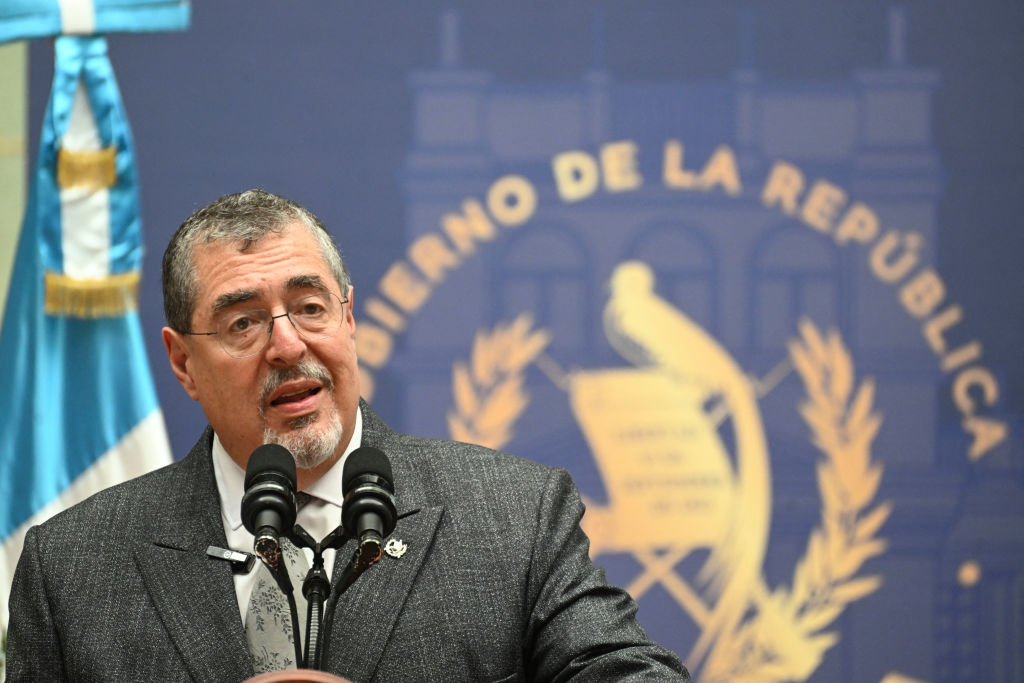New and Old Challenges to Follow Dominican Election
New and Old Challenges to Follow Dominican Election
President Leonel Fernández Reyna, credited with turning his country's economy around, is expected to win a May 16 reelection bid. Fernández's administration would face a set of challenges in a new term, ranging from food price inflation to a remittance slowdown to persistent social inequality.
Polls show little chance for a surprise in the Dominican Republic’s May 16 presidential election. Current President Leonel Fernández Reyna of the Dominican Liberation Party (PLD) appears poised to win a majority of the votes, outpacing his closest rival Miguel Vargas Maldonaldo of the Dominican Revolutionary Party (PRD) by double digits, according to polls released this week. But even though Fernández has been credited with boosting GDP growth and bringing rampant inflation under control, his country faces a range of challenges on the horizon, from the global food crisis to a remittance slowdown to persistent social inequality.
Fernández can thank the opposition PRD party for securing, during the presidency of predecessor Hipólito Mejía, a constitutional amendment allowing presidents to seek reelection for a second consecutive term (Should Fernández win on Friday, he will secure a third term as he also held office from 1996 to 2000.). Mejía lost the election to Fernández at a time when the Dominican economy was in shambles following a banking collapse; food prices had quadrupled and inflation hit 43 percent. Fernández’s administration renegotiated external debt with foreign governments, oversaw implementation of DR-CAFTA, and launched a major transportation project in the form of the Santo Domingo metro—which has its share of fans and critics.
By 2006, inflation dropped to 5 percent while GDP growth reached 10.7 percent. Although 2007 figures have yet to be released, the Economist Intelligence Unit projects last year’s inflation hit 6.1 percent while GDP growth topped 8.5 percent. A Latin Business Chronicle report offers an optimistic outlook on the Dominican economy in the case of a Fernández win.
However, the next four years may not run as smoothly as the last for Fernández, as moves by administration in the days leading up to the election could demonstrate: The Industry and Commerce Ministry froze oil and gas prices on May 10—weeks after neighboring Haiti experienced food riots in response to rising food prices—Fernández announced intentions to expand food subsidies on some staples and bring costs to 30 percent below supermarket prices.
The Economist notes that his administration has done little to upgrade the “chronically deficient” electricity system in a country where more than a third of power is stolen. The U.S. State Department reports that, faced with a challenge from Asian manufacturing, the Dominican textile industry experienced a 17 percent drop in exports in 2006. A slowdown in remittances—which reached $2 billion last year and accounted for 10 percent of the Dominican GDP—could harm poverty reduction in a country with marked inequality; the wealthiest 10 percent of the country accounts for 40 percent of the national income. The Financial Times suggests Fernández must invest in education and technology while resolving electricity subsidies and debt obligation “if the Dominican Republic is to continue advancing.”







